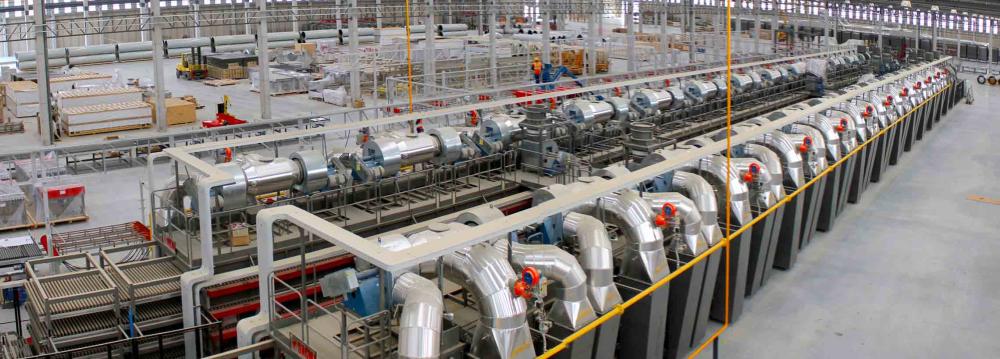Spanish headhunter Ismael Pimentel just can’t find the candidates.
After a frustrating search for specialist consultants for a client, he’s given up and is casting his net elsewhere, Bloomberg reported.
“We were looking for people for two months,” Pimentel, a partner at Ackermann Beaumont Group for Spain and Latin America, said in a telephone interview. “We managed to find one in Spain. We turned to Argentina for others.”
Pimentel’s experience reflects a bizarre feature of the Spanish labor market that is hampering the country’s efforts to repair the damage from the economic crisis. Even with close to five million people out of work, the next prime minister will face labor shortages as employers struggle to find the staff they need.
“It’s a paradox,” said Valentin Bote, head of research in Spain at Randstad, a recruitment agency. “The unemployment rate is too high. Yet we’re seeing some tension in the labor market because unemployed people don’t have the skills employers demand.”
From software developers and mathematical modelers to geriatric nurses and care workers, a mismatch in qualifications means companies are struggling to fill posts, even though the unemployment rate at 20.4% is the second-highest in Europe. Randstad estimates that Spanish companies may struggle to fill almost two million posts through 2020.
Weighing on Growth
Caretaker Prime Minister Mariano Rajoy, the front-runner to lead the next government after posting gains in Sunday’s election, has pledged to add half a million jobs a year, but his campaign focused on posts for the legions of unemployed, rather than producing skilled workers to power the economy. Rajoy’s opponents say his policy of driving down wages and stripping back job protection has mainly created poorly-paid low-skill posts.
The failure to equip sufficient numbers of workers with the skills sought by modern companies is holding back the Spanish economy. The skills shortage is a drag on productivity, delays investment and strains a pension system dependent on new workers with good salaries to pay for an aging population, according to Sandalio Gomez, emeritus professor at the IESE Business School in Madrid.
“The workforce does not have the qualifications the market needs,” he said. “That’s a real problem.”
Even when senior posts are filled, Spanish companies have to make do with lower-caliber candidates than their competitors in other European countries, and that hurts the profitability and resilience of companies, according to the Bank of Spain’s 2015 annual report.
Spanish executives are less-skilled than their competitors in Germany, France or Italy, according to a study of 11 European countries. Only Greece came out worse.


